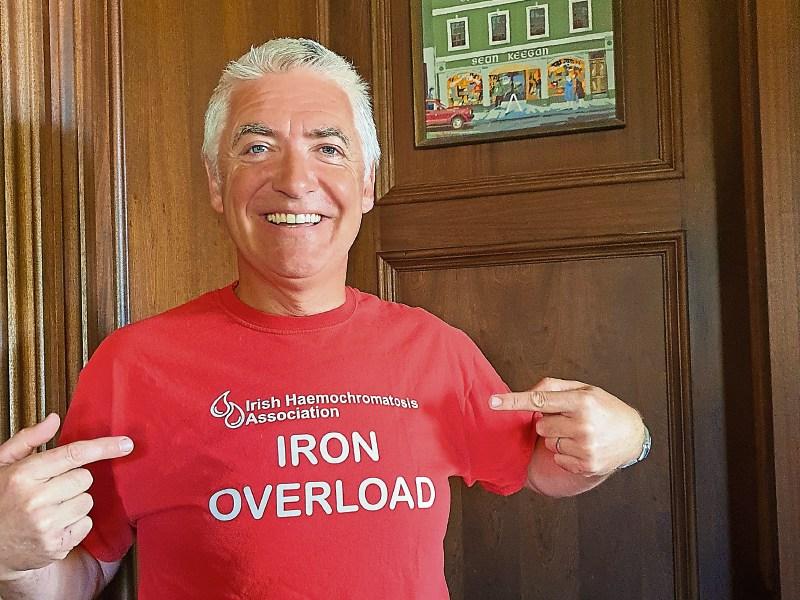How Do You Know If You Have ‘IRON OVERLOAD’?
What is ‘iron overload’ or haemochromatosis?
‘Iron overload’ or haemochromatosis is a genetic condition where a large amount of iron is absorbed from our diet and deposited in major organs in the body, such as the liver but also the pancreas, heart and joints.
Who is at risk?
More men than women can develop symptoms of haemochromatosis because women lose iron through regular blood loss from menstruation and pregnancy.
In Ireland, 1 in 5 people carry the gene and 1 in 83 are at risk of developing haemochromatosis. Ireland has the highest incidence of the condition in the world.
What are the symptoms?
Iron builds up slowly in the body, so symptoms might not appear until ages 30-40 years. Symptoms can include:
· Chronic fatigue
· Arthritis
· Diabetes
· Liver disorders
· Reduced sex drive
· Heart disease
· Skin colour changes
How do I get tested?
If you are worried about any of the symptoms of iron overload or if someone in your immediate family has haemochromatosis, contact your GP to arrange a simple blood test (to look at your levels of serum ferritin and transferrin saturation percentages). If these levels are higher than normal, a gene test will confirm if you have haemochromatosis. Like a lot of conditions, if haemochromatosis is diagnosed early and treated early, patients can go onto live full and normal lives and avoid complications later in life.
How do I get treated?
Treatment for haemochromatosis is very simple – blood is removed from the body to reduce iron stores – a procedure which is very similar to donating blood. In the medical world this procedure is known as venesection or phlebotomy. Once iron levels are reduced, a patient is then in what is called a maintenance phase, where just 2 to 4 venesections might be needed per year.
How to find out more
To find out more about ‘iron overload’, visit www.haemochromatosis-ir.com or email info@haemochromatosis-ir.com or call our helpline on (01) 8735911
